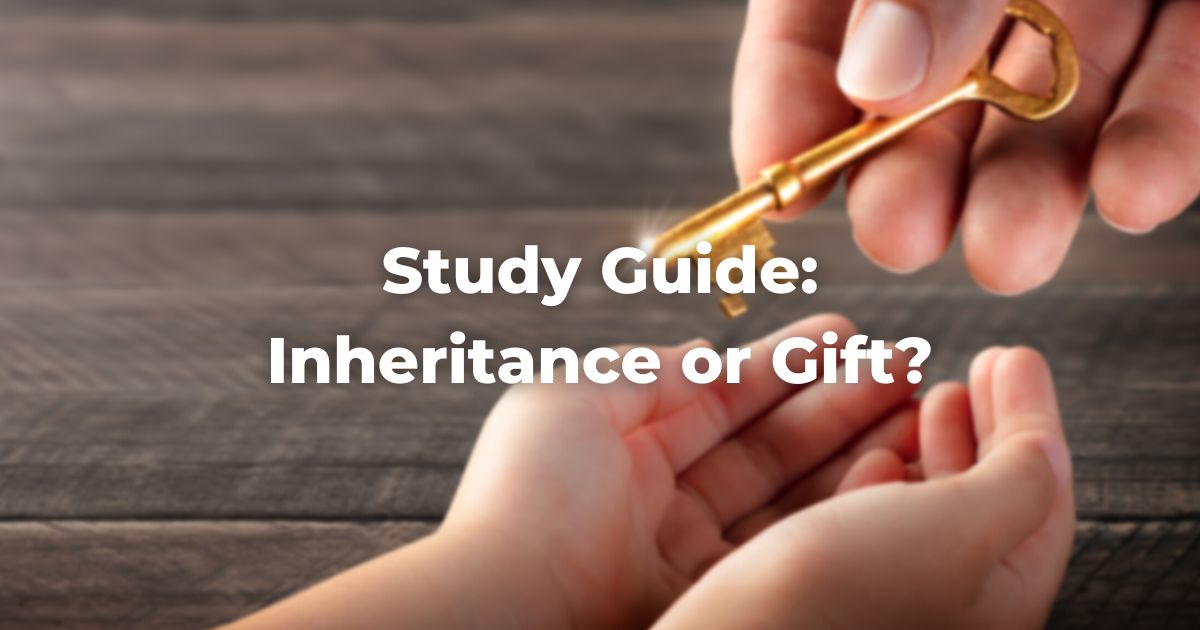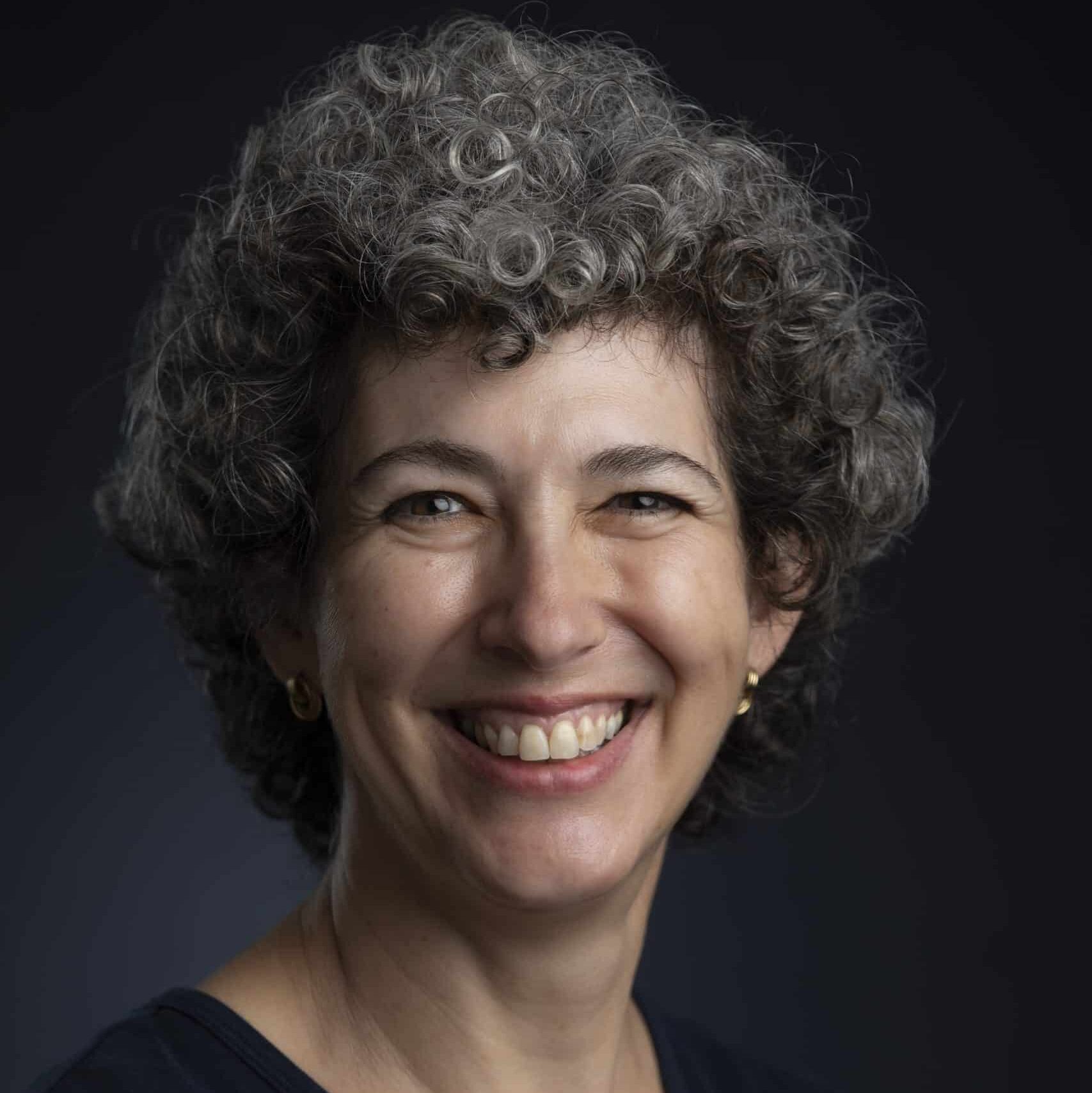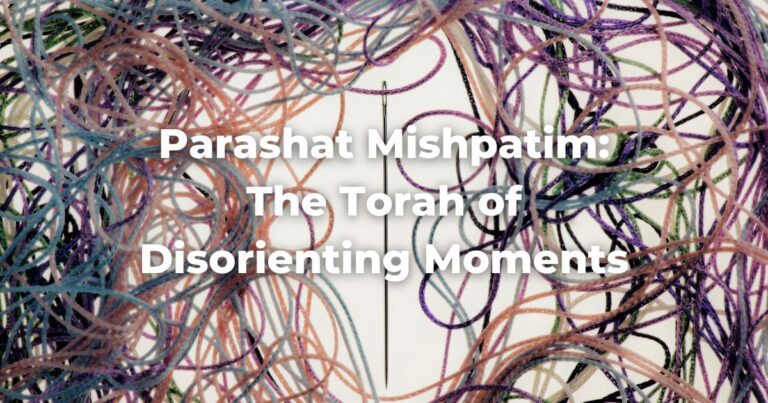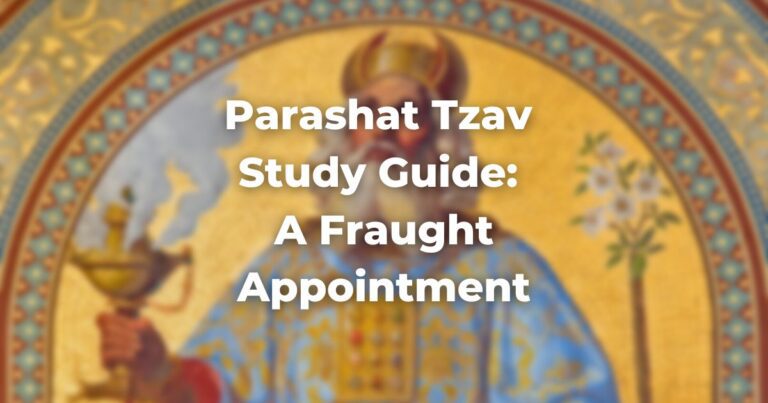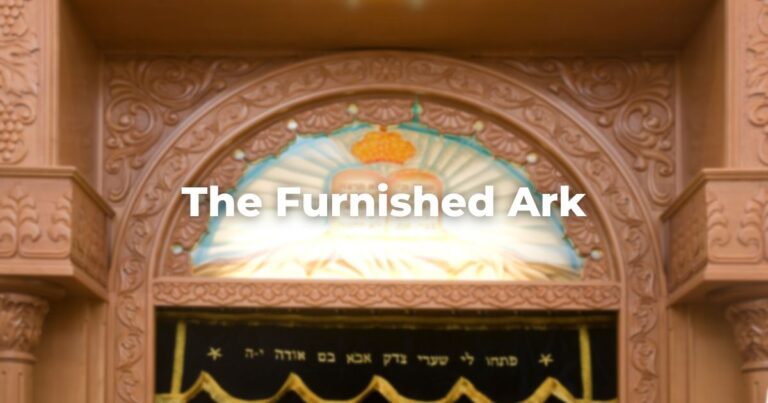Parashat Chayei Sarah Study Guide
Text: Bereshit 25:1-9
1 And Avraham took another wife, and her name was Keturah. 2 And she bore him Zimran, Jokshan, Medan, Midian, Ishbak, and Shuah … 5 And Avraham gave all that he had to Yitzhak. 6 And to the children of the concubines that Avraham had Avraham gave gifts and he sent them away from Yitzhak his son while he was still living, eastward, to the country of the east. 7 And these are the days of the years of the life of Avraham which he lived: one hundred and seventy-five years. 8 And Avraham breathed his last and died in a good old age, old and sated, and was gathered to his people. 9 And his sons Yitzhak and Ishmael buried him in the cave of Machpelah…
- We rarely think of Avraham’s six children by Ketura. Why do you think that this list was included? Note that among them is Midian, the father of the nation of Zipporah, Moshe’s wife.
- The Torah states that Avraham gave all he had to Yitzhak, while giving gifts to the children of the concubines. What do you think that each of them received? What is the difference between “gifts” and “all he had”?
- Who buries Avraham? Why is this significant?
Commentary: Radak on Bereshit 25:5
Avraham gave – he distributed his wealth during his lifetime to forestall quarrels about his inheritance after his death.
All that he had to Yitzhak – he had appointed Yitzhak as his heir… Anything the other sons received was in the nature of “gifts,” not “inheritance.”
- What is the difference between “gifts” and “inheritance”? Why is it significant that only Yitzhak becomes an heir?
- Besides wealth, what other inheritance might the children quarrel about after Avraham’s death? How does sending them away from the area impact our understanding of what Avraham might be leaving for Yitzhak?
Commentary: Rashi on Bereshit 25:5
And Avraham gave – R. Nehemiah said, he gave him the blessings as a legacy. The Holy One, blessed be He, had said to Avraham (12:2) “Be a blessing” – the blessings are entrusted to you that you may bless whomsoever you please; and Avraham transferred them to Yitzhak (cf. Genesis Rabbah 61:6).
- According to Rashi’s reading, what is “all that he had” that Avraham gave Yitzhak? How do “gifts” differ from “inheritance”? What “inheritance” have you received from generations before you?
- In the midrashThis word is used in two ways, as both a concept and a literature. As a concept, midrash is the expansive interpretation of biblical texts. The term is used to describe the practice of rabbinic interpretation. As a text, it refers to specific collections of interpretations, particularly from the third to ninth centuries in the Land of Israel and Babylonia. Plural: Midrashim
Read more from which Rashi took this reading, R. Judah suggests that Avraham gave Yitzhak the “bechorah” – first born rights. Why do you think that Rashi did not opt for this reading? What light does the next parashah, along with this passage, shed on the dynamics of conflicts over the bechorah (first born rights) and berachah (blessing)?
See more: Parashat Chayei Sarah
Originally posted as part of the Conservative Yeshiva at the Fuchsberg Jerusalem Center’s Torah Sparks. Support TorahRefers to the first five books of the Hebrew Bible, the Tanakh, also called the Five Books of Moses, Pentateuch or the Hebrew equivalent, Humash. This is also called the Written Torah. The term may also refer to teachings that expound on Jewish tradition. Read more learning from the Fuchsberg Jerusalem Center/Conservative Yeshiva for leaders and seekers around the world here.
Authors
-

Vered Hollander-Goldfarb teaches Tanach and Medieval Commentators at the Conservative Yeshiva and is a regular contributor to Torah Sparks, FJC’s weekly message on the weekly Torah portion. She received her M.A. in Judaic Studies and Tanach from the Bernard Revel Graduate School of Yeshiva University and studied at Bar-Ilan University and the Jewish Theological Seminary. Before making aliyah, Vered taught at Ramaz School and Stern College in New York.
View all posts -



The Fuchsberg Jerusalem Center (FJC) is a home in the heart of Jerusalem where leaders and seekers can find an authentic place in Jewish tradition to call their own. FJC offers opportunities to study, pray and explore within an egalitarian and inclusive setting, creating multiple pathways for finding personal and communal meaning.
View all posts

